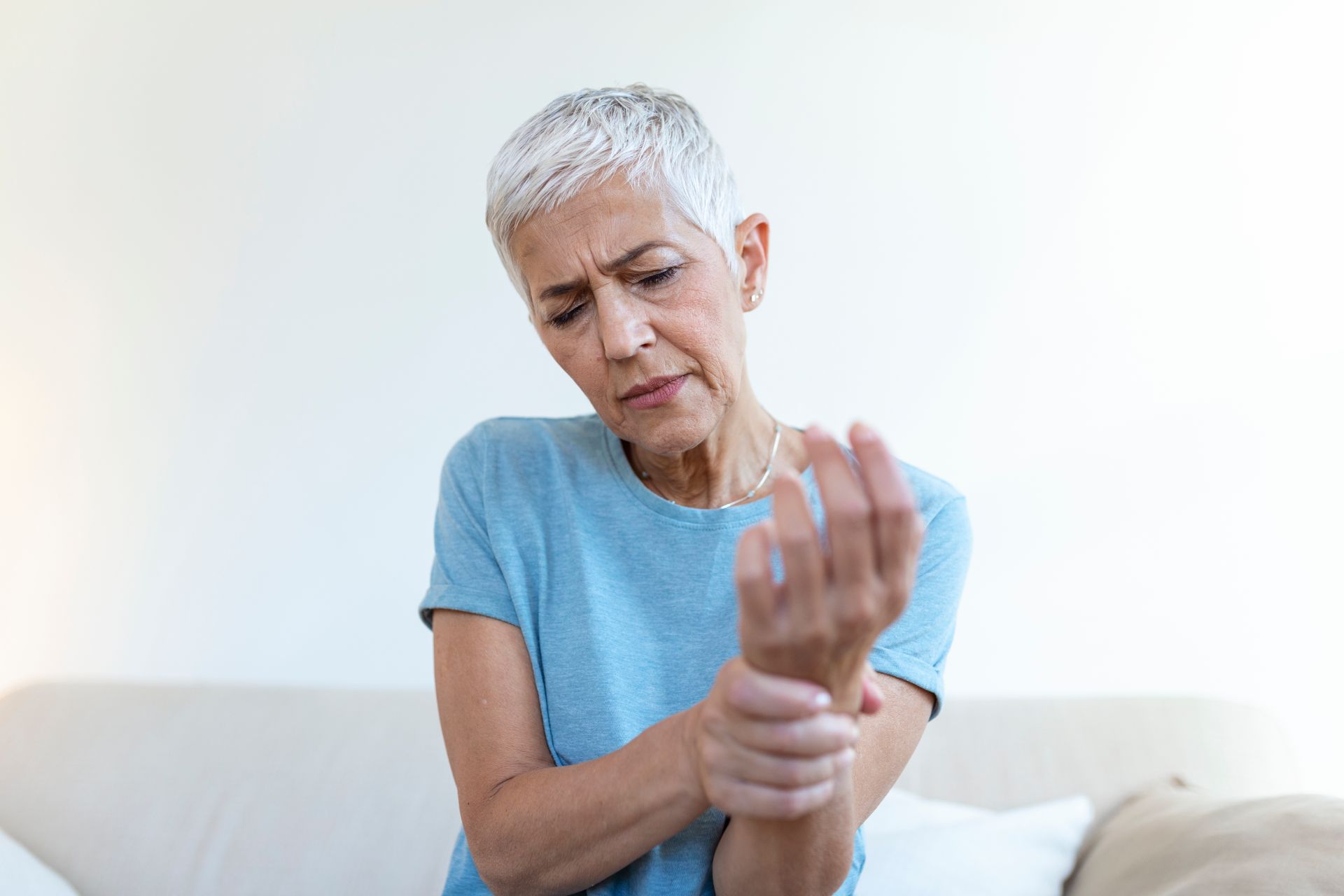How to reduce the symptoms of influenza type B?
Influenza type B is one of the three main types of influenza virus that can cause the flu, a respiratory illness that affects millions of people every year. Influenza type B can only spread from human to human and usually causes milder symptoms than influenza type A. However, it can still be very contagious and lead to serious complications in some cases, especially for older adults and people with certain underlying health conditions.
If you have been infected with influenza type B, you may experience symptoms such as:
- fever
- chills
- sore throat
- cough
- runny nose
- muscle aches
- fatigue
These symptoms typically last for about a week, but they can vary depending on your age, health status, and immune system. The best way to prevent getting the flu is to get vaccinated every year before the flu season starts. The flu vaccine can protect you from the most common strains of influenza virus, including type B.
However, if you do get sick with the flu, there are some steps you can take to reduce your symptoms and speed up your recovery. Here are some tips on how to treat influenza type B at home:
- Stay home to avoid infecting other people and rest as much as possible.
- Drink plenty of fluids to stay hydrated and prevent dehydration. Water, juice, soup, and herbal tea are good choices.
- Treat your fever with over-the-counter medications such as acetaminophen or ibuprofen. Do not give aspirin to children or teenagers, as it can cause a rare but serious condition called Reye’s syndrome.
- Relieve your cough and sore throat with lozenges, honey, or cough syrup. You can also use a humidifier or a steamy shower to moisten your airways and ease your breathing.
- Avoid smoking and exposure to secondhand smoke, as they can worsen your symptoms and damage your lungs.
- Eat mild, nutritious foods that are easy to digest, such as toast, rice, bananas, or applesauce. Avoid spicy, greasy, or dairy foods that may upset your stomach.
In most cases, these home remedies are enough to help you recover from the flu. However, sometimes you may need to seek medical attention if your symptoms get worse or do not improve after a few days. Some signs that you should see a doctor include:
- Difficulty breathing or shortness of breath
- Chest pain or pressure
- Severe or persistent vomiting or diarrhea
- Confusion or drowsiness
- Seizures
- A fever that lasts more than three days or returns after improving
- A cough that produces blood or green or yellow mucus
These could indicate that you have developed a complication from the flu, such as pneumonia, bronchitis, sinus infection, ear infection, or sepsis. These conditions can be life-threatening and require prompt treatment with antibiotics or antiviral drugs.
In conclusion, influenza type B is a common cause of the flu that can affect anyone at any age. While it is usually not as severe as influenza type A, it can still cause unpleasant symptoms and complications that can interfere with your daily life. The best way to prevent getting the flu is to get vaccinated every year and practice good hygiene habits. If you do get sick with the flu, you can reduce your symptoms by following some simple home remedies and seeking medical help if needed.












0 Comments